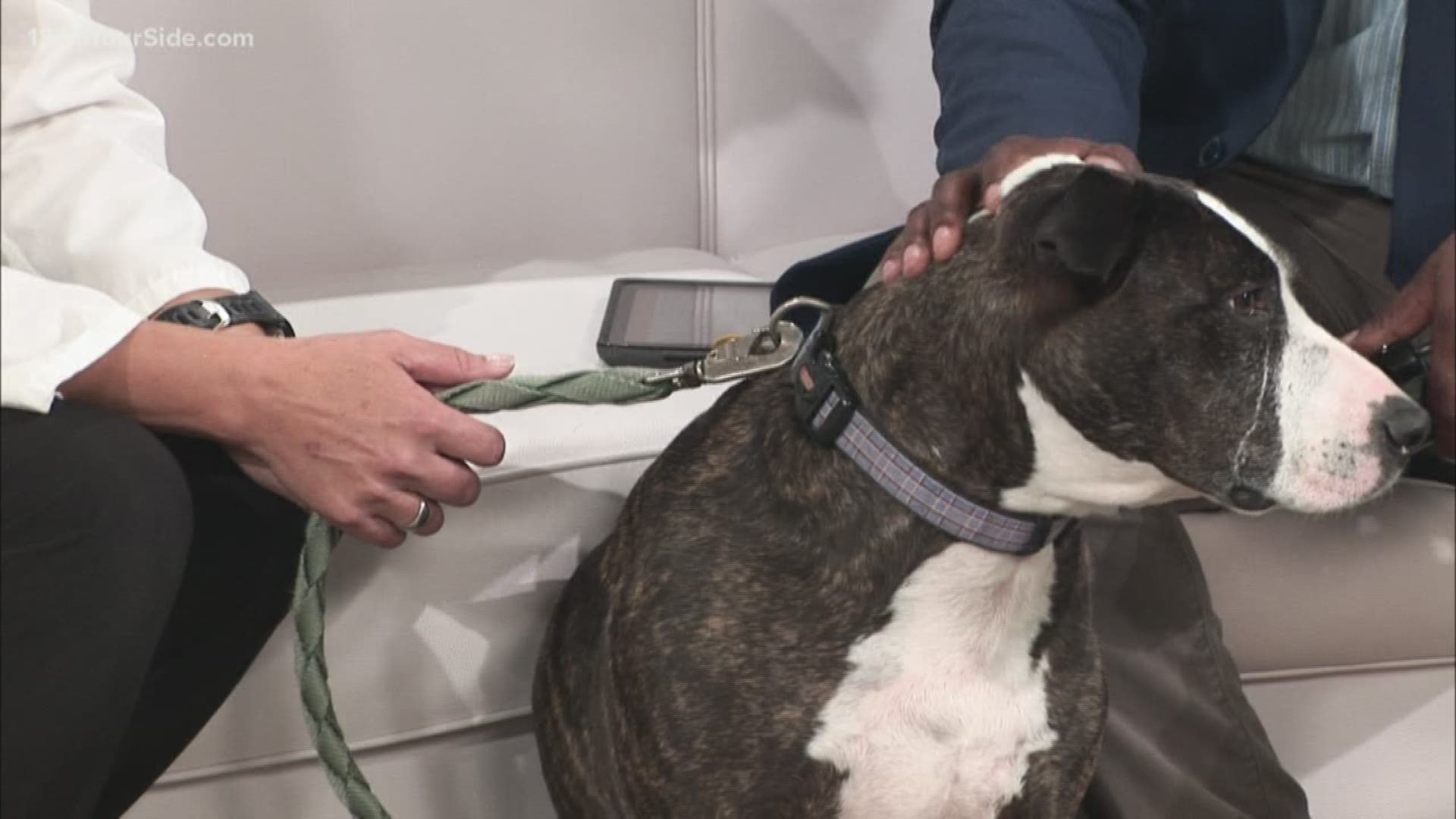GRAND RAPIDS, Mich. — Repair of injuries to the anterior cruciate ligament (ACL) is one of the most common types of orthopedic surgeries in BluePearl Veterinary Partners hospitals. Dr. Amanda Conkling, a board-certified veterinary surgeon, explains ACL injuries in dogs.
The ACL, also known as the cranial cruciate ligament (CCL) in dogs, refers to the connective tissue that joins the thigh bone (femur) to the lower leg bone (tibia) at the knee. The CCL plays an important role in stabilizing the knee joint and allowing flexibility and mobility.
While an injury to this ligament can occur in virtually any type of dog, certain dogs are more prone than others. Dog breeds prone to CCL injury include Labrador retrievers, standard poodles, golden retrievers, Bichon Frises, German Shepherd Dogs and Rottweilers. Overweight dogs, dogs who are physically inactive followed by bursts of activity, male dogs who were neutered before five months of age and dogs with physical abnormalities in the rear legs are also more likely to experience a CCL injury. Also, dogs who have already injured the CCL in one knee may also experience a rupture in the opposite knee.
The signs of a CCL injury in dogs include:
- Lameness in one or both hind legs
- Limping (which may improve after a period of rest)
- Avoiding the use of one particular leg
- Strange posture
- Difficulty standing up after rest
- Swelling at the knee joint
CCL injuries are diagnosed by a physical exam involving an assessment of the knee’s flexibility. Diagnosis is usually confirmed by an X-ray of the affected joint.
Treatment of CCL injury is usually surgical repair. There are many variations of CCL repair surgery depending on a surgeon’s preferences and the size of the patient, however, pain management and timely recovery are always top priorities. Surgical treatment is typically more effective than rest (known as “conservative management”), which does not offer a long-term solution or prevent further damage.
If you believe your dog has a CCL injury, contact your veterinarian.
►Make it easy to keep up to date with more stories like this. Download the 13 ON YOUR SIDE app now.
Have a news tip? Email news@13onyourside.com, visit our Facebook page or Twitter. Subscribe to our YouTube channel.

